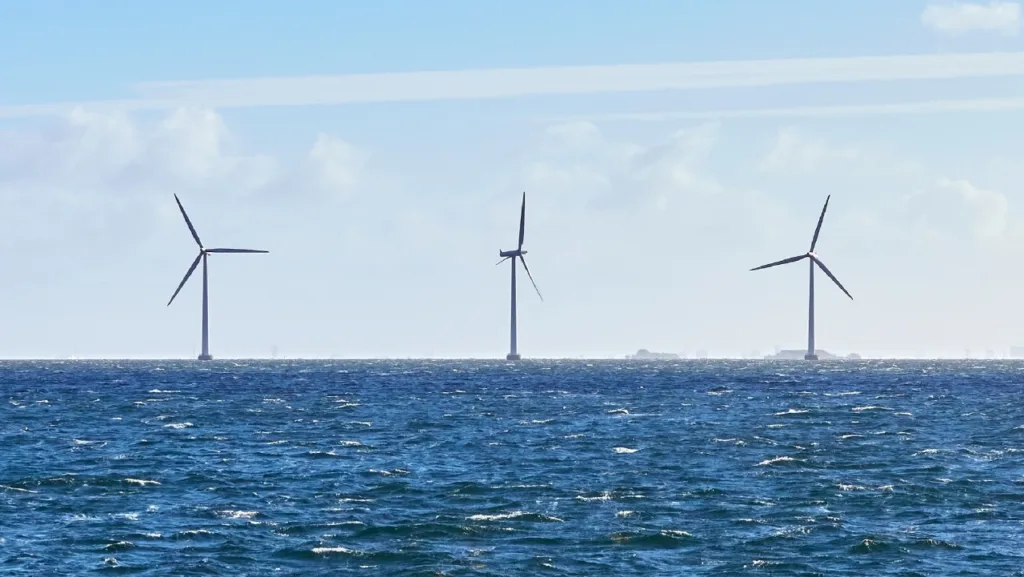European Parliament legislators voted 470-120 to endorse new laws stipulating that renewable energy must make up 42.5% of the European Union’s energy consumption by 2030. These laws also establish more ambitious clean energy objectives for various high-emission sectors and expedite the approval process for projects that promote the deployment of renewable energy.
This approval represents one of the final major steps in making the proposal into law, as it now awaits formal approval by the EU Council. In March 2023, the Council reached a preliminary agreement on the legislation with the Parliament. The new 2030 target would nearly double the proportion of renewable energy in the EU’s energy mix, which stood at approximately 22% in 2021. Furthermore, the legislation calls upon EU Member States to collectively strive for a renewable energy target of 45%.
This new law significantly raises the EU’s renewable energy objective from its existing 2030 target of 32% and surpasses the initial 40% goal proposed in the European Commission’s “Fit for 55” roadmap, which aims to reduce greenhouse gas emissions by 55% by 2030 compared to 1990 levels. The target was increased to 45% in May 2022 with the EU’s REPowerEU Plan, which was introduced in response to the Russian invasion of Ukraine and seeks to rapidly reduce dependence on Russian fossil fuels.
In addition to elevating the required share of renewables, the legislation seeks to expedite the approval process for new renewable energy power plants. In areas designated as “renewables go-to areas,” identified in the REPowerEU plan as suitable for renewable energy plant installations with minimal environmental impact, approvals should take under 12 months. In other regions, the approval process should not exceed 12 months under the new regulations.
The legislation also establishes sector-specific targets, including achieving a minimum of 49% renewable energy in buildings by 2030, gradual increases in renewable energy targets for cooling and heating, a 14.5% reduction in emissions from the transport sector by 2030 through expanded use of renewables, annual requirements for industry to boost the use of renewable energy by 1.6%, and a mandate for 42% of industrial hydrogen to be derived from renewable fuels of non-biological origin (RFNBOs) by 2030, increasing to 60% by 2035.
To promote the development of new sources of clean energy, the legislation also sets a target that at least 5% of newly installed renewable energy capacity by 2030 should be comprised of “innovative renewable energy technology.”



